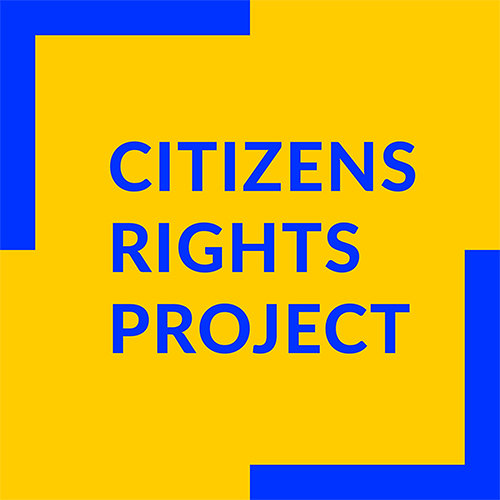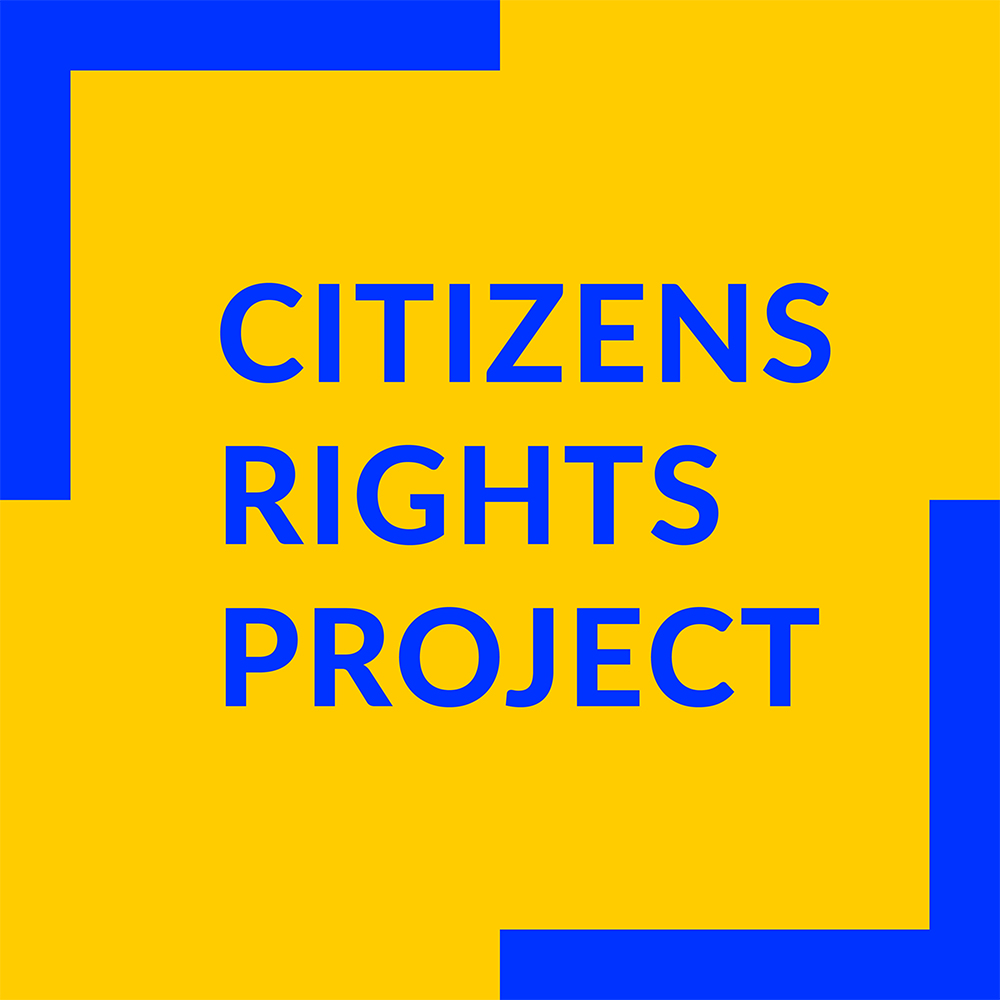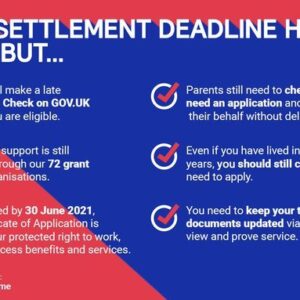In late November, the Home Office published more detailed, quarterly statistics and so we decided to have a closer look on the figures for Scotland and Scottish local authorities.
Kategória: Blog category @hu
EUSS Statistics for 30th June 2021
In late September, the Home Office published more detailed, quarterly statistics and so we decided to have a closer look on the figures for Scotland and Scottish local authorities.
Proving your right to work in the UK
From 1st July 2021 UK employers face changes in right to work checks for EEA nationals. Until 30th June 2021, EEA nationals could prove their right to work by presenting a valid ID document but now, new employees must provide proof that they have been granted (or at least applied for) status under the EU Settlement Scheme.
Applying to EUSS after the 30th June deadline
Those who are eligible to apply to the EU Settlement Scheme can still apply for settled or pre-settled status even after the deadline of 30th June 2021. Late applications, however, are discretionary. This means that applicants must explain and prove why they were unable to apply before the deadline. The Home Office caseworker will then assess if the applicant falls under one of the categories of reasonable grounds to make a late application, and decide whether to accept this application or not.
Jelentkezzen a választói névjegyzékbe, hogy Ön is szavazhasson a skót parlamenti választásokon!
2021. május 6-án Skóciában skót parlamenti választásokra kerül sor. Más országok Skóciában élő állampolgárai szintén szavazhatnak, ha rendelkeznek belépési vagy tartózkodási engedéllyel az Egyesült Királyságba, vagy ha nincs szükségük ilyen engedélyre. A választói névjegyzékbe való jelentkezés határideje 2021. április 19. A levélben szavazók névjegyzékébe való jelentkezés határideje 2021. április 6.
EUSS quarterly statistics for December 2020
On 25 February 2021, The Home Office published the latest quarterly information on applications received and cases concluded to the EUSS for local authorities and regions from 28 August 2018 to 31 December 2020. We have decided to have a closer look at the figures for local authorities in Scotland and nationalities that submitted the most applications in each of those local authorities.
Citizens Rights Project launches appeal for hardship fund for EU citizens
We have launched an appeal to raise funds to assist the most vulnerable clients with the costs of their travel, paying for new ID documents, or even taking a passport photo. There are only few hardship funds available in Scotland and our clients are often not eligible to apply for either of them and rely on private discretionary donations.
Citizens Rights Project: a new online rights service for the Polish and Spanish communities in Edinburgh
The Citizens’ Rights Project is expanding its services for European citizens by providing a multilingual rights service, in Spanish and Polish, for EU citizens in Edinburgh during the pandemic.
EU/EEA/Swiss nationals with criminality issues – information on applying for Settled or pre-settled status (EU Settlement Scheme)
If you are an EU/EEA/Swiss national, or their family member, living in the UK and have concerns about how the rules on criminality issues affect you, we advise to read this article, seek professional help and apply as soon as possible for pre-settled or settled status.
Helen Kepelian: My experience as a volunteer EU Settlement Scheme adviser for Citizens Rights Project
My name is Helen. I am a linguist, and in my leisure time, I volunteer as an OISC registered EUSS advisor for the Citizens’ Rights Project. I support fellow EU citizens who live in the Central Belt and Trossachs to apply to the EU Settlement Scheme.









